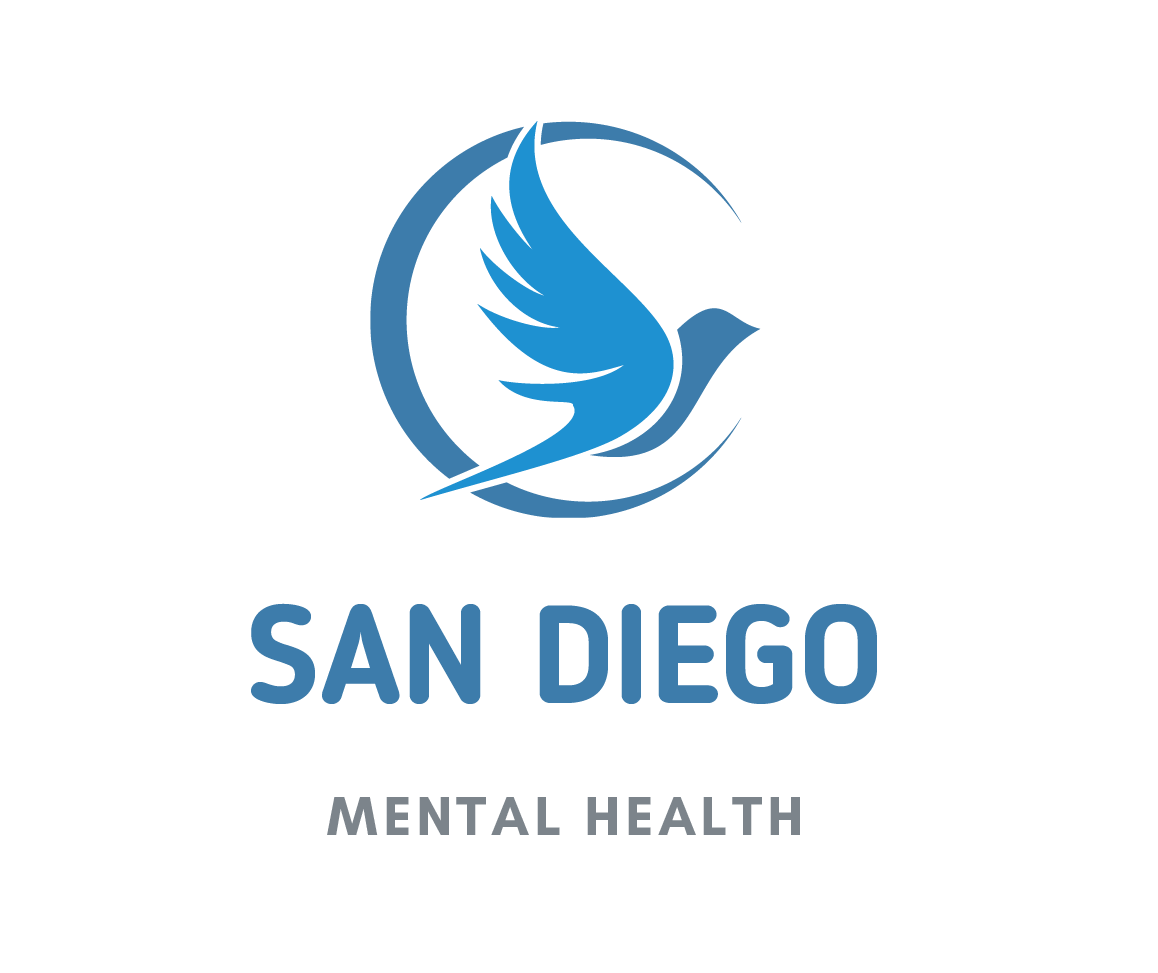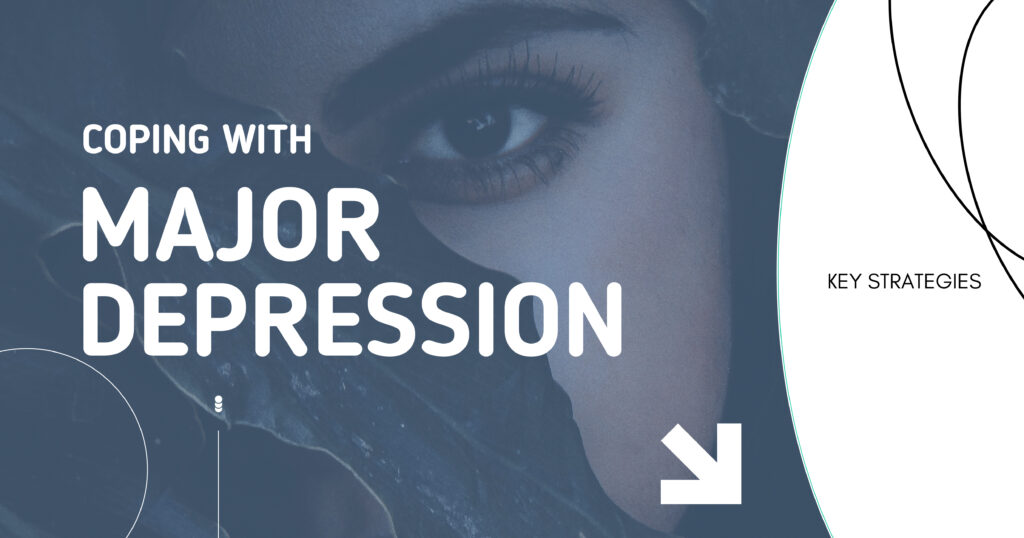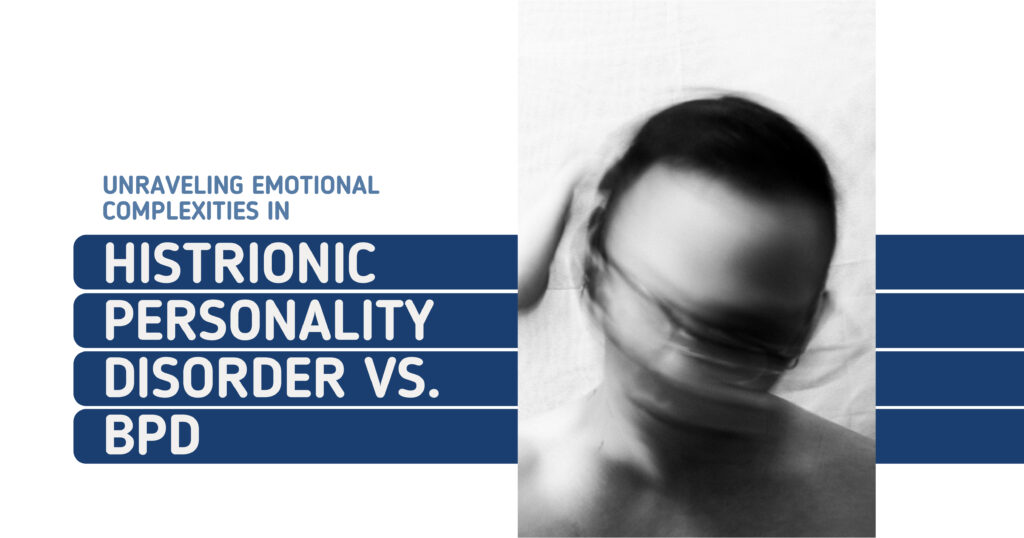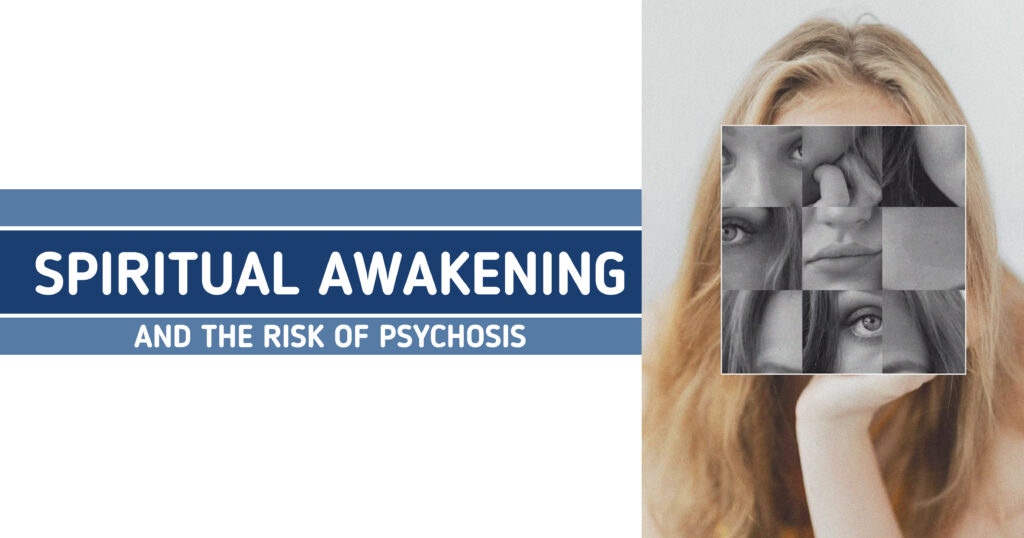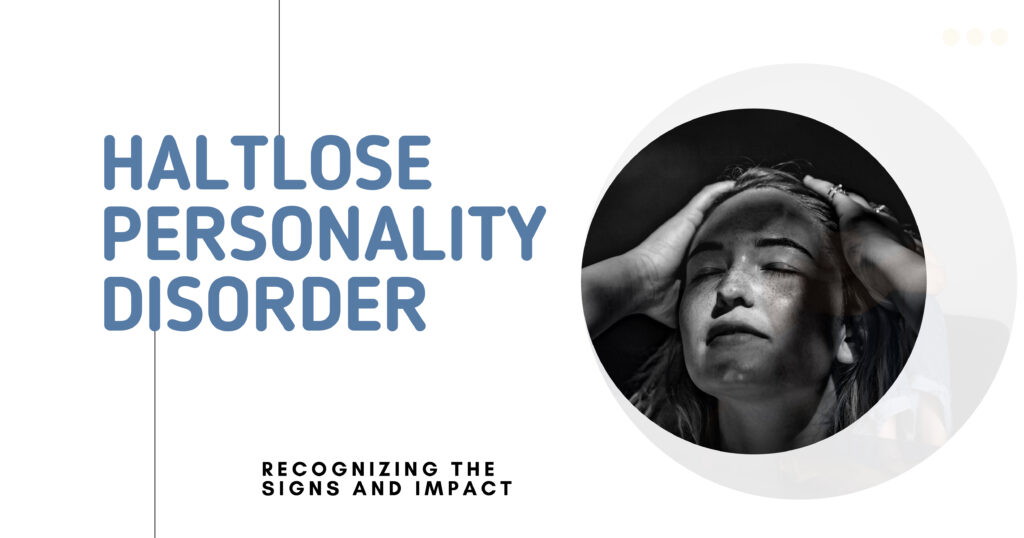Major Depressive Disorder (MDD) is one complex and challenging mental health disorder that plagues millions of people globally. This mood disorder, as the name implies, is marked by deep depression, hopelessness, and no interest in focusing on daily things. It is a multi-dimensional issue that affects and interferes with all of the emotional, physical, and social aspects of life.
This disorder is complex but understood and treatable, and there are coping strategies to manage one’s symptoms effectively. We will talk about the most effective coping mechanisms for dealing with Major Depressive Disorder, as well as different kinds of therapeutic options and why professional help is essential for long-term recovery.
Tips for Combatting Major Depressive Disorder
Major Depressive Disorder does not only need medication management. It is also about making good lifestyle changes and incorporating the right coping strategies. Here are some indispensable tips that can help cope with MDD and improve mental health.
San Diego Mental Health
Move Your Body
Physical activity is one of the safest and most efficient ways to deal with Major Depressive Disorder because it releases endorphins that help uplift mood and energy.
- Exercise lowers stress and improves sleep, which works to improve mental health. Doing manageable and small tasks at first can lead to more considerable benefits.
- Endorphins release, which makes you feel better!
- Lowers stress and improves sleep quality.
- Walk or do light stretches at first.
- Increase intensity and the amount later on.
- Exercise can markedly increase your general well-being.
Socialize
Major Depressive Disorder has isolation as one of its common symptoms. Depression can cause a disconnection from friends and family, contributing to isolation (anxiety and depression symptoms) and loneliness. Even when it is hard, you need to try and socialize. It is crucial to get exercise/time out for mental health. You can do this by being around people you love (community activities) or both.
Socializing also gives one a sense of belonging and emotional support. Talking with a friend or family member about your situation may be a good way to release those emotions and stress.
Meditate
Meditation is an essential part of coping with Major Depressive Disorder. Mindfulness-based meditation, like deep breathing, body scans, and guided imagery, can help focus on the here and now and prevent one train of negative thoughts.
Meditation benefits the soul by making you more mindful, and practicing regularly helps cultivate emotional resilience. Mindfulness meditation helps cut down the symptoms of depression as it promotes changing negative thoughts to acceptance and being unconditionally in one’s feelings.
When regularly practiced, it allows for the growth of emotional strength and strengthens the avoidance of depression.
Express Yourself Through Writing
Writing as a form of emotional expression could be one of the best ways for those with a Major Depressive Disorder to deal with emotions. The most private coping step is where people can journal their thoughts and feelings confidentially. The act of writing about one’s experiences can also offer clarity and deepen understanding of depression as a whole.
Journaling is a common form of emotional release to look at your life’s challenges from multiple perspectives. Writing can also be another method used to keep track of progress and create goals with where to go from there regarding recovery.
Practice Self-Care
Major Depressive Disorder is managed by self-care. Relaxation or relaxation-focused activities in general, like a hot bath, massage, and relaxation, reduce stress and improve mood. Good meals and self-care go a long way as well. You will be very thankful to yourself for being nice to you, even during hard times (which may not be so seldom), as a requisite for soul peace.
Implementing a self-care schedule helps people meet that standard and allows them to cope with all life’s demands.
San Diego Mental Health
Get Creative
Emotional times can be utilized as a creative outlet for people. This can include things like painting and drawing from photos through the point of view of your emotions while just expressing what goes on inside your head. Expressing creatively can ease stress and alleviate worries and anxiety.
- An artistic discipline is a non-verbal way of processing the shitty feelings that come with life.
- Creativity is calming because it helps us be present and decrease our stress levels.
- Doing something creative allows one to feel the satisfaction and worth of a well-done job.
- Emotional understanding is better when thinking creatively, this helps self-reflection.
Do Things to Increase Your Self-Esteem
Low self-esteem is one of the many emotional issues that affect many people. It causes people to not believe in themselves and their capabilities to reach whatever they want. Self-esteem is imperative for the betterment of our mental health. Confidence-building experiences to improve self-worth include doing small things that make you feel good about yourself, celebrating successes, and telling yourself positive things.
A method to restore self-esteem is to direct attention towards what you do well and not just what you do poorly. Positive affirmations and challenging negative thoughts can also rewire the brain and raise self-esteem over time when practiced.
Rely on Your Support System
A strong support team is vital for overcoming emotional high-wire moves. Whether it be family, friends or a support group, it helps to have someone there to talk to and listen to when the chips are down. Being around people who understand is critical; they will care for you.
A support system can keep people from feeling alone and motivate them to continue with treatment plans. Never be afraid to ask for help, even if it feels impossible. Social support is an incredibly potent component of recovery.
Find a Therapist
The best way to deal with our emotional shit is to see a professional about it. A licensed therapist or counselor can work with people to find the root of their issues and, eventually, some coping methods. Therapies such as cognitive-behavioral therapy and interpersonal therapy have all been studied and proven effective in treating the symptoms of mental health disorders.
By working with therapists, we can also learn to recognize our existing negative thought patterns and teach healing, healthy ways of thinking. Therapy can be a place for exploring hard feelings in a contained, safe space and finding the tools we need for sustained emotional health.
Major Depressive Disorder Is Treatable
Helping to control emotional problems most effectively is to get professional help. Therapists and counselors licensed to work with individuals can help address the root causes of difficulties with coping mechanisms.
| Major Depressive Disorder Treatments | Description |
| Medications (Antidepressants) | This group’s most commonly used medicines are SSRIs, SNRIs, and tricyclics. |
| Psychotherapy (CBT or IPT) | A therapist assists in changing negative cognitive schemata and behaviors. |
| Lifestyle Changes | Routine activity, healthy eating patterns, and a good amount of sleep. |
Hope and Healing for Major Depressive Disorder
It’s difficult to navigate emotional chaos, but there are treatment options, along with strength and support, that can lead to recovery. These are things you can do – exercise, social contact, mindfulness, journaling, and self-care – to manage depressive symptoms and have a good life. These struggles do not define a human being. These are treatable ailments that can be handled and maintained through the right tools and mentality.
San Diego Mental Health
FAQ’s
- What are the main symptoms of Major Depressive Disorder?
The principal symptoms are exhaustion, modifications in sleeping and eating habits, and feelings of worthlessness. Those interfere tremendously with everyday functioning and must be present for at least two weeks to qualify for the diagnosis.
- How is Major Depressive Disorder diagnosed?
Diagnosis includes comprehensive provider evaluations, during which a physical exam is conducted, the patient’s medical history is reviewed, and symptoms may also be discussed. The new diagnostic criteria confirm the diagnosis, like the DSM-5 set ones.
- Can Major Depressive Disorder ever be fully cured?
Major Depressive Disorder does not ever get “cured,” but it is treatable. Many people will significantly improve with therapy, medications, and lifestyle changes. Long-term management may be necessary to keep symptoms under control and avoid return.
- What is the ICD-10 code for Major Depressive Disorder?
The ICD-10 code for Major Depressive Disorder is F32 for one episode and F33 for recurrent episodes. It is essential for documentation by the healthcare profession and treatment protocols for this condition.
- Is there any medicine that treats Major Depressive Disorder?
Medication is usually combined with psychotherapy and lifestyle change. Holistic models of treatment, including therapy, drugs, and self-care practices, have proved to be the best in managing the disorder.

